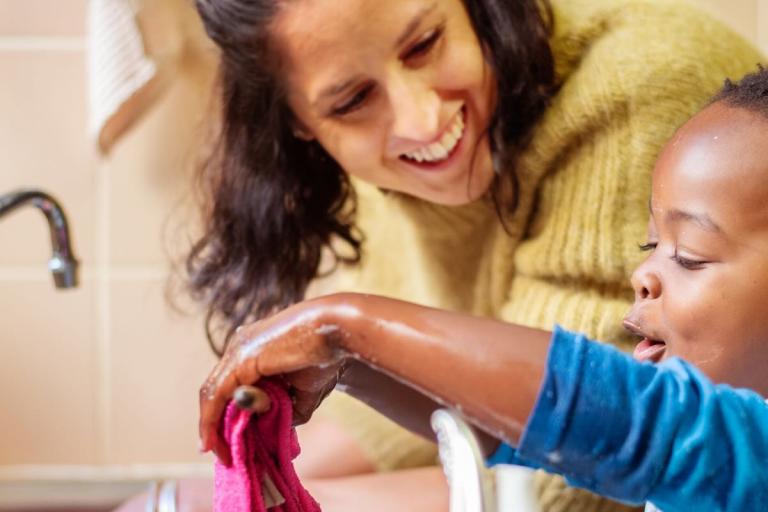The role of a foster carer is to provide temporary care in a secure and nurturing environment for a child or young person under-18, while their birth family works towards resolving the issues that led to the child's reason to be placed in care.
Foster carers take the roles and responsibilities of a parent to provide the young person with a safe, family home with care, support and compassion. It requires patience, understanding, and a commitment to meeting the child's needs.
You must be willing to open your home to vulnerable young people and provide them with the best care to grow and thrive. Foster carers must be responsible for the young person’s needs and welfare, providing a home, clothing, education, hobbies, and healthcare and giving love, understanding, support, and guidance.
Foster carers are patient, have a sense of humour, are optimistic and enthusiastic, have a flexible approach, and have a genuine wish to make a positive difference in a young person’s life. Our foster carers:
- should be patient, understanding, and able to provide a caring and stable environment for the child.
- ensure any child you care for attends school regularly, and encourage their learning and growth, aiding with homework and other school-related activities.
- must meet the child's basic needs including providing food, clothing, shelter, and medical care as needed.
- be patient, kind, and ready to handle tricky times with care and understanding.
- help any child stay connected with their birth family where possible.
- be part of the community, work with social workers and other professionals, go to meetings, and keep track of their progress to ensure the child’s needs are met.
- join training sessions to grow as a foster carer and be the best you can be
- keep accurate records of the child's care, including medical appointments, school attendance, and other important information.
Your skills and life experience will be invaluable resources during your foster-caring career. Sometimes, you may not realise you have the qualities needed to foster, but you will be surprised how everyday life has equipped you with transferable skills.
If you decide to become a foster carer with Foster4Leeds, you will receive comprehensive training and support to help you develop the skills needed to do this challenging and rewarding role. You will also receive an allowance and fee to cover the cost of caring for children and young people.






